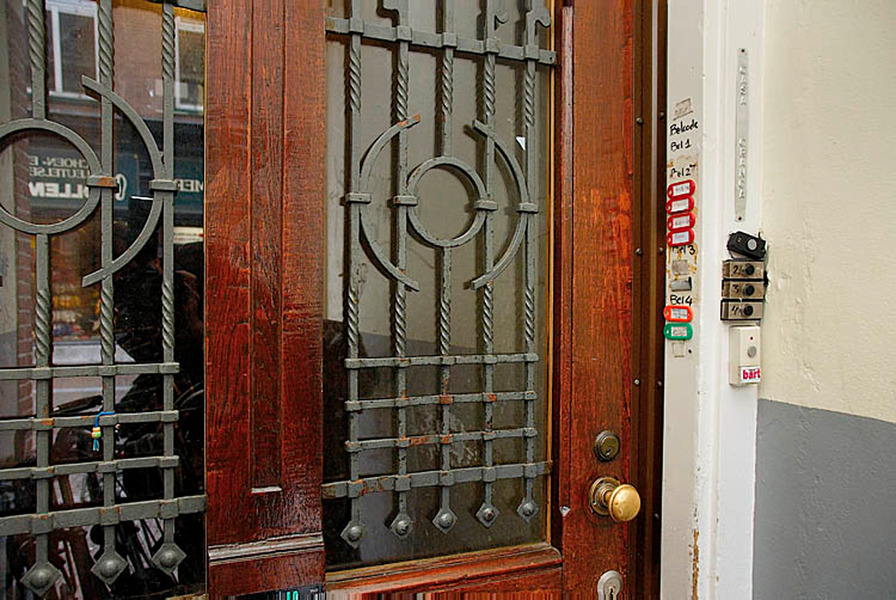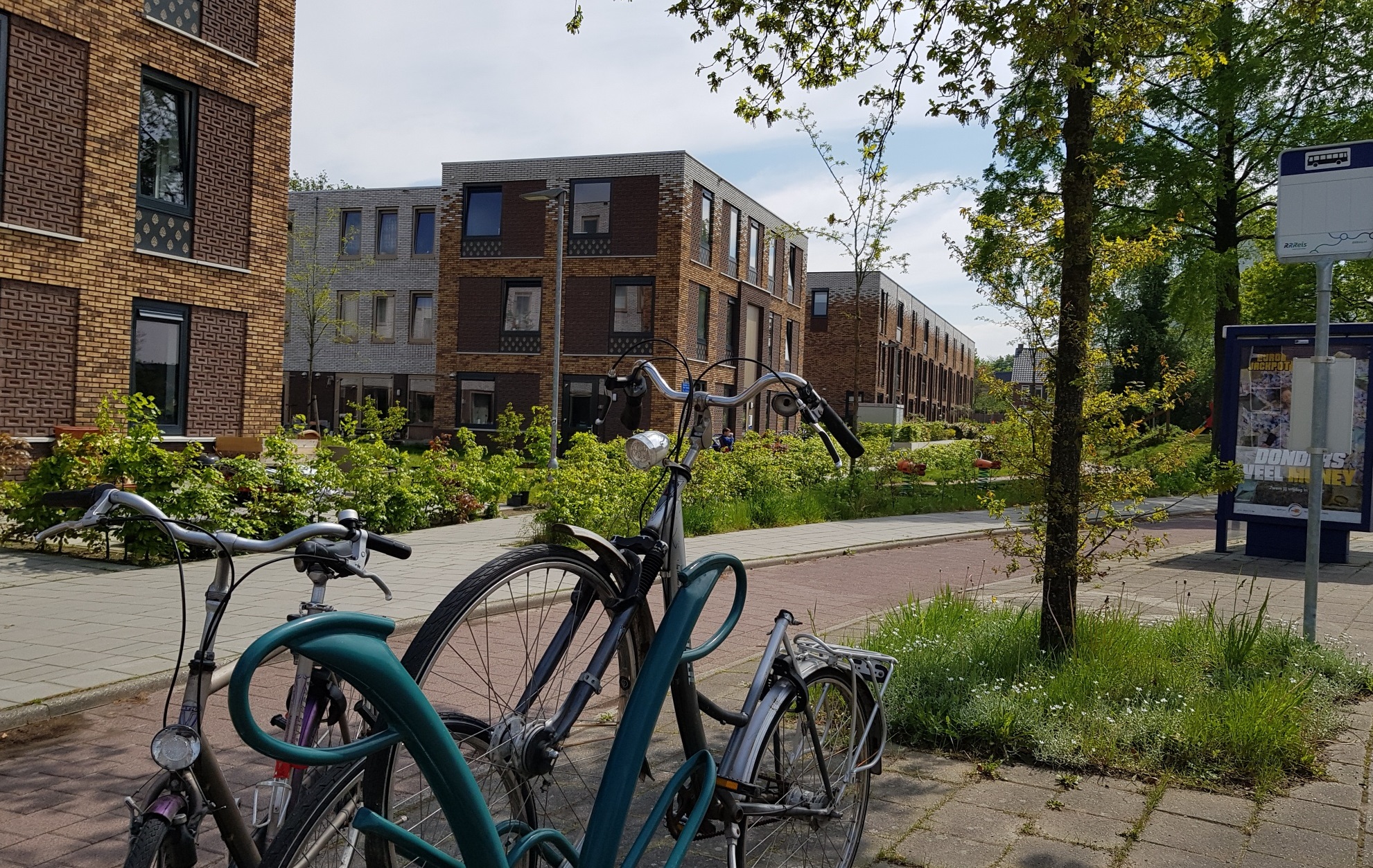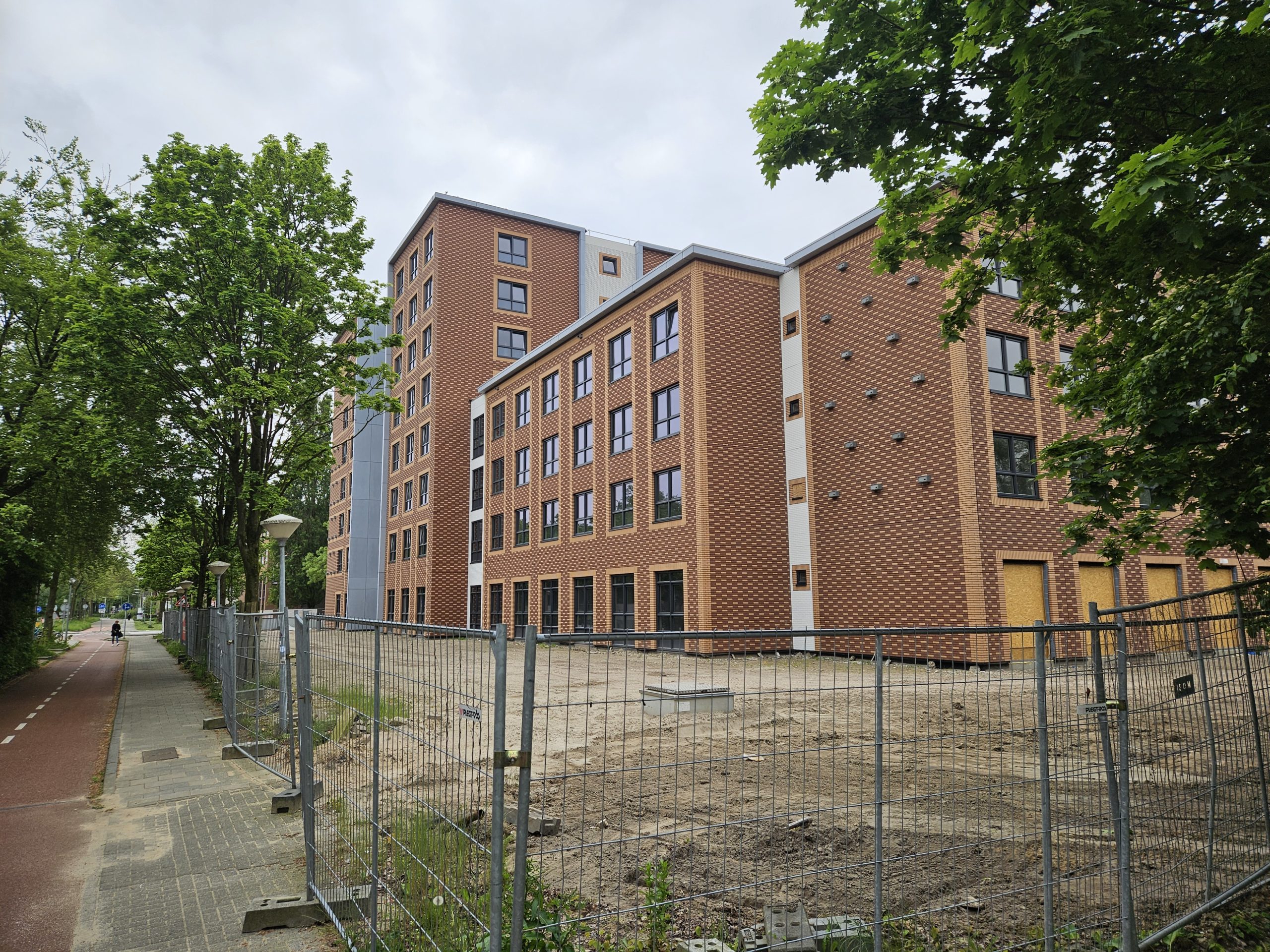There is a serious housing shortage, and the rent for privately owned rooms continues to rise. There have been calls for housing benefits for room tenants for several years now. This so-called rent allowance would bring down tenants’ fixed expenditures and encourage student housing businesses to build more rooms with shared facilities. But housing public housing minister Monica Keijzer claims such a measure is too costly and difficult to implement.
Wageningen student housing organisation Idealis has reached agreements with Wageningen Municipality on the construction of new housing for students. These agreements stipulate that at least sixty per cent of the rooms must have shared facilities such as a communal kitchen or bathroom. This makes Wageningen an exception in the Netherlands, as independent studios are the standard for new student housing in the rest of the country.
More profitable
Since rent allowance was abolished for student room tenants in 1997, the focus in the Netherlands lies on the construction of more expensive independent studios with private kitchen and bathroom facilities. The tenants thereof are eligible for rent subsidies, making this the more profitable choice for housing owners, as they van ask for higher rents. Kences, the overarching organisation for student accommodation providers, has been lobbying to reinstate the rent allowance for housing with shared facilities.
Hugo de Jonge, the former minister of Housing (CDA), was in favour. Newly constructed student rooms are 21 per cent cheaper, he stated in a written letter to the House of Representatives this spring. Moreover, students living in student housing with shared facilities are happier than those living independently or with their parents.
He warned, however, that a more trustworthy registration of rooms with shared facilities is needed and that the government would spend between 600 and 840 million euros extra in rent subsidies.
Too expensive
His successor, Monica Keijzer (BBB), is less enthusiastic. She estimates the cost to be between 925 million and 1.3 billion euros per year. The government currently lacks the funds to implement such a change.
ChristenUnie wanted to know whether there are alternatives to be designed for students living in rooms. Keijzer suggested a subsidy added to the students’ basic grant, but that solution would be complicated and invite legal issues, as it would create inequality between students and non-students.

 Photo Herman van Ommen
Photo Herman van Ommen 

